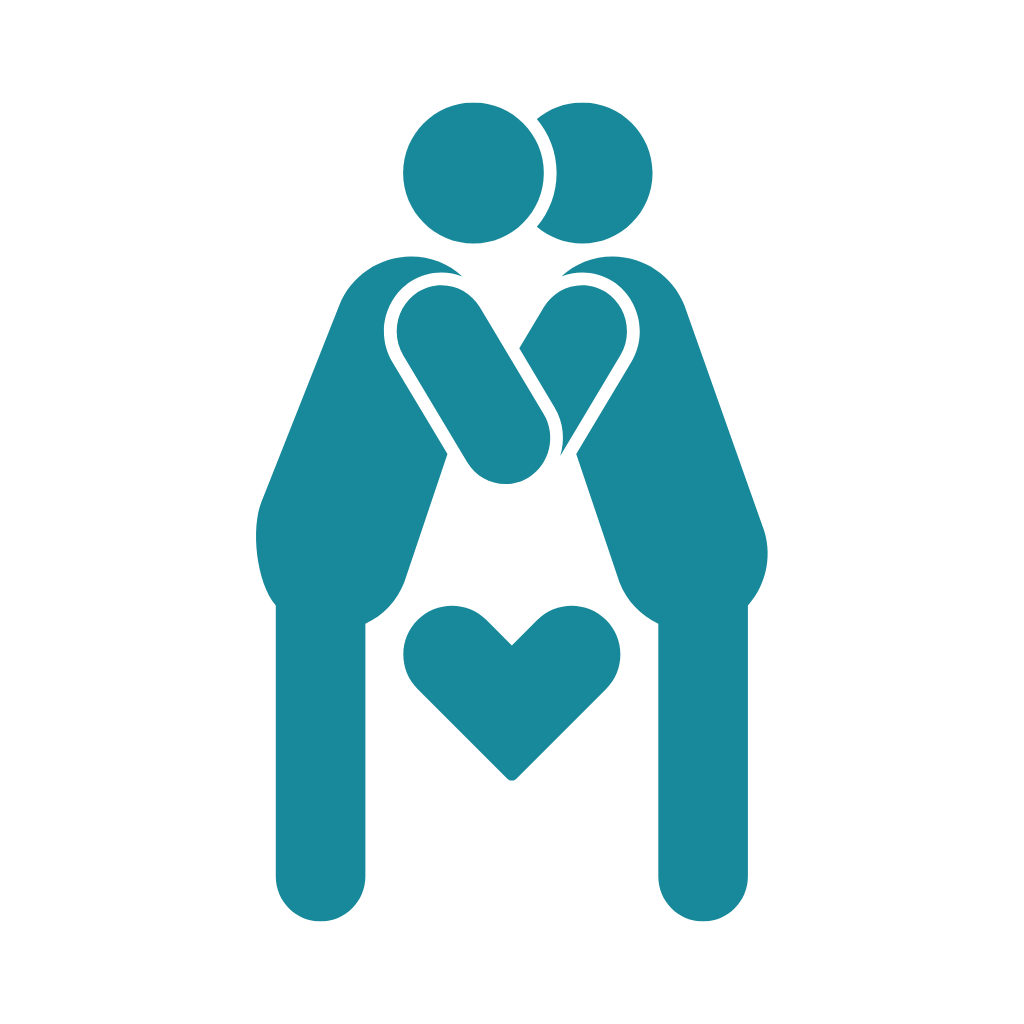MENOPAUSE SUPPORT
Clinical trials for natural products that improve menopause symptoms

Menopause is a normal, natural process, but that this process comes with unpleasant symptoms such as hot flashes, changes to cognitive performance, and sleep disruptions. Decades of pharmaceutical drug failures have pushed more and more women seeking solutions into the natural products realm.
Sales of menopausal-related supplements reveal that these consumers are willing to invest in companies that bring proof. A clinical trial with Nutraceuticals Research Institute can deliver the evidence your brand needs to stand out in this crowded market.
Endpoints for Menopause Support Studies
To measure menopausal support, including symptoms such as hot flashes or dry skin, our team utilizes the Franklin Health Menopause Symptom Scale (FHMSS). This comprehensive tool is capable of capturing the myriad of symptoms associated with menopause. It includes vasomotor symptoms, pain, sexual health, cognition, skin health, sleep, and self-image, delivering a comprehensive and holistic view of menopausal symptoms. This not only accurately captures your products effects on menopausal symptoms, it pinpoints exactly where your products greatest effects are seen.
A natural products menopause-related trial at Nutraceuticals Research Institute will typically focus on 7 - 8 key endpoints. Each product has unique needs, so your trial's specific endpoints will be determined through collaboration between your marketing goals and our research team, ensuring that they match your product's greatest effects. Our most commonly used endpoints include:

Pain
Physical symptoms ranging from achy neck to sore knees are all captured on the pain and discomfort subdomain.

Vasomotor
Vasomotor symptoms such as hot flashes or night sweats are common menopausal complaints, and targeting these symptoms is a priority for many women.

Sexual Health
The sexual health domain captures improvements to symptoms such as libido and vaginal dryness.

Cognition
The cognition domain captures improvements to memory, loss of concentration, and cognitive fatigue.

Skin Health
The skin subdomain of the menopause scale captures improvements to menopause-induced dermal symptoms such as dull, dry, or thin skin.

Self Image
As symptoms subside, holistic menopausal improvements include changes to confidence levels, optimism, and self efficacy–all of which are captured in this subdomain.

Sleep
The menopause symptoms sleep domain captures improvements to symptoms such as difficulty falling asleep and daytime fatigue.


Menopausal Support Clinical Trials
Menopause is a highly individualized and complex process. Unlike simplistic lab-related outcomes, such as blood pressure or cholesterol, menopausal symptoms reflect a complex combination of both physical and psychological factors. Studying a product's effects on this lengthy transition period involves addressing a wide range of individual effects.
Working with Nutraceuticals Research Institute for a high quality clinical trial for a menopausal product is a worthwhile investment as these studies have the potential to substantiate claims such as:
- reduces hot flashes
- improves sleep quality during menopause
- supportive for menopausal women
- alleviates menopausal-induced stress
- supports healthy sexual health during menopause
Products that target symptoms of menopause typically benefit from a single primary outcome of menopausal symptoms, which may be measured through our comprehensive scale or one of our sub-scales. Additional claims, such as sleep, stress, or mood, can be comprehensively included as secondary outcomes.
Even if stress is not the primary focus of your product, including it as a secondary outcome can increase your potential claims. For example, improving sleep quality is known to boost stress adaptation. These secondary outcomes provide additional claim substantiation supporting your target outcome.
Questions About Menopause-Related Trials
-
Is your menopause scale validated?
We love talking about our proprietary suite of psychometric measurement instruments!
These tools were developed to far exceed recommendations in the FDA's guidance on the use of Patient Reported Outcome Measures (PROMs) for the substantiation of labeling claims. The scale contains a combination of subjective and objective data which are aggregated to produce total scores on each of the stress related subdomains.
Each of our measures are validated and norm-referenced in a population of healthy adult females. Our development priorities include elimination of floor or ceiling effects in this priority population as well as ensuring that each domain has highly precise sensitivity to change.
Our menopause scale was developed and pilot tested with focus groups and qualitative research to ensure face and content validity. It was then tested for psychometric properties using confirmatory factor analysis and item response. Internal reliability was determined via Cronbach's alpha.
Our stress subscales have Cronbach's alpha scores ranging from .82 to .90, which is an ideal range for both exceeding minimum standards for internal reliability while avoiding redundancy and participant burden.
Confirmatory factor analysis confirmed that each subscale measures a single latent factor, with each subscale contributing to the broad latent factor of stress. Factor loadings were all below 0.5, SRMRs were below 0.8, and coefficient of determinations were above 0.8.
In item response theory testing using graded response modeling, each item in the final version of the scale was found to be highly discriminating with IRT discrimination (trait) parameters all above 1.5 and over 50% of item trait parameters above 2.0. Difficulty parameters and test information curves identified that the test is most reliable within +/- 1.5 standard deviations of the mean.
Practically speaking, this means that the test is calibrated to identify improvements to menopausal symptoms among an average American female adult population and is capable of identifying changes that go both above and below the norm. This ensures that our measures capture the totality of your product's effects on each relevant subdomain of menopause.
-
How long does a menopause-related trial take?
We create each and every trial around your product's key benefits. The intervention period is going to be the driving factor in the trial's total duration.
As a general rule, plan on 6-8 weeks from contract execution to the first participant's start date. This time is for protocol development and obtention of ethical authorizations/registrations. This is the most important timeframe of the entire study as it lays the groundwork for a trial that meets our high standards of quality and is capable of staying on the target timeline.
Following the first participant's start date, we typically recommend adding 2 months to the total intervention period for us to hand-select each participant in your study among our nationwide community of participants. This means that a 1-week intervention would require approximately 9 weeks for this phase, whereas a 3-month intervention would require approximately 5 months.
After all data are collected, our team audits each dataset to ensure accuracy. We then clean the data, construct the outcome variables from the data collected, and begin statistical analysis. This phase takes 4-6 weeks on average. More complex studies with multiple outcomes can take several months.
Once outcomes are confirmed, we immediately provide you a quick review of the findings. Our team then spends another 2-4 weeks creating a long-form technical report that goes into precise details of the entire study, a submission-ready scientific manuscript for publication of the findings, and a full color lookbook which contains the technical report contents as well as attention catching graphs and charts. This ensures that everyone on your team, from legal to scientific to marketing, has access to the findings in the form that best meets their needs.
-
How does your approach of custom protocol creation affect the budget?
With our approach of custom protocol creation for each clinical trial, we're able to reduce inefficiencies in the research process and eliminate needless overhead costs that are not relevant to the standards for health-enhancing products. Not only does this approach substantially reduce the cost of a clinical trial for your stress product, it also improves the quality of the trial. It's a win-win.
So what does this actually look like for your trial? At Franklin, we prioritize transparent pricing. Each and every trial is a bespoke design based on your sleep product's unique needs, with your budget and goals in mind. With our extensive expertise in natural products and clinical research, we're often able to come up with creative solutions to work with any trial budget.
The typical randomized, double-blinded placebo-controlled clinical trial for a stress reduction product varies based on a number of factors. On the lower end, a trial may run anywhere from $45,000-$75,000 for a week-long aromatherapy based stress study with 60 people. On the upper end, a 3-4 month intervention with larger groups and more complex analyses can run into the mid-$200,000 range. Our scientists will work with you to develop a stress reduction trial that captures the real world effects of your product while staying within the confines of your budget.
-
Can other outcomes be added to a menopause trial?
Absolutely! Many, if not most, natural products have some type of effect on multiple outcomes in consumers. Given the substantial ripple effect of symptoms such as sleep or stress on every system in the body, including additional outcomes in a trial is an easy–and affordable–way to unlock additional claims.
LET'S TALK
You know your product improves well-being during menopause; we'll help you prove it.
Schedule a free, no-obligation meeting with a scientist today to learn more about how Nutraceuticals Research Institute can help your product become "clinically proven."